Ruth Thomson
Passionate YWCA director, civil rights advocate, social work professor
Ruth Thomson, a longtime Pilgrim Place resident and a cheerful, capable woman who enjoyed a long and productive YWCA career, died at home on May 29, 2012. Reflecting on the last chapter of life, Ms. Thomson wrote, “Death is a part of living. Grief is normal and to be expected—and experienced—but it is important to be a part of the living that goes on.”
Ms. Thomson’s father, a physician, delivered her into the world on October 23, 1913 in Syracuse, Nebraska, where she lived until beginning studies at the University of Nebraska in 1931. After earning her bachelor’s degree in education there, she went on to earn a master of social work (MSW) from Washington University’s George Warren Brown School of Social Work in 1952.
Her professional life began as an elementary school teacher in Nebraska. During this time, she began volunteering at the YWCA, which led to a position as business and professional girls director in Waterloo, Iowa beginning in 1942. As this was during World War II, Ms. Thomson helped organize numerous programs and events, such as picnics, for workers in nearby plants that had war contracts necessitating long and exhausting hours.
“We made gallons and gallons of potato salad,” Ms. Thomson once wrote about this experience. “Have you tried cutting up potatoes and onions for that much salad?”
Additionally, about this era, Ms. Thomson remembered, “being a listening ear to young wives and girlfriends whose husbands or fiancés were killed, and even more trying, missing.”
What followed her post at the Waterloo YWCA was a lifelong and deeply heartfelt career that took Ms. Thomson to YWCAs in Gary, Indiana; St. Louis, Missouri; Cleveland, Ohio; to the National Board of the YWCA in New York; and, finally, to Hartford, Connecticut where she served for 12 years as executive director before retiring in 1976. When the city of Hartford claimed the YWCA building for redevelopment, leaving the organization without a brick-and-mortar site, many feared the disappearance of its programs and services. But with her unwavering belief in the YWCA, Ms. Thomson rose to the great challenge and kept it alive, arranging for programs to be held in local churches, libraries, schools and even insurance offices.
“If they can’t come to the ‘Y’, we just have to bring the ‘Y’ to them,” she was once quoted about the situation.
During her admirable career and beyond, Ms. Thomson received substantial recognition for her dedication to empowering women and girls and striving for equality and social justice for all. One of her awards, the 1998 YWCA Women of Achievement Award, honored her efforts in fighting racism and the oppression of women. At a time when strength and independence in women was not socially endorsed, Ms. Thomson preached these values and inspired countless women to embrace and strive after them.
Ms. Thomson also participated in numerous civil rights marches and demonstrations. About racism, in the late 1990s, she commented, “I think it’s better, but it’s also worse. Now, it’s not about [not being able to] drink from a drinking fountain. The issue is still there, but it’s much more subtle. It is much more difficult to fight racism this way.”
Regarding Ms. Thomson’s estimable career with YWCA, it was once said of her that she brought an “old-world elegance with a wise acceptance and understanding of today’s youth” to the leadership of the organization. Additionally, “No program is too small for her respectful consideration and none too great for defeat.” She was also known for incorporating plenty of lighthearted nonsense and laughter into the workday.
Mary Douglas, a fellow Pilgrim who led a 40-year career with the YWCA, expressed great admiration for Ms. Thomson.
“Ruth was a wonderfully talented and gifted executive director, totally committed to the YWCA. She, like so many of us, had a passion for the work. She was a wonderful woman,” said Ms. Douglas, who also commented on the beauty of Ms. Thomson’s “confident and consistent spirituality.”
Marilyn Brunger, also a Pilgrim and retired YWCA professional, remarked that not only was Ms. Thompson an extremely competent and energetic group organizer—a “mover and shaker,” she said—but she was also “one of the best listeners I’ve ever known.”
Continuing, Ms. Brunger described her friend as a change-agent who brought a sharp mind and clear focus to whatever she undertook.
Following retirement from the YWCA, Ms. Thomson joined the faculty of the University of Connecticut School of Social Work, where she taught courses in social work administration.
Over the years, she served on numerous boards and committees, including those of the Greater Hartford Council of Churches, the New York Times Farm Camp, which introduces children to food sources, and New Hope Manor, a home for teenage girls struggling with addiction.
When she came to Claremont, Ms. Thomson’s characteristic involvement in many activities continued. She served as chairman of the Claremont Committee on Aging, president of the Claremont League of Women Voters and head of the Senior Peer Counseling Advisory Council. As a member of the Board of Friends of Claremont Senior Programs, she was an instrumental fund-raiser. At Pilgrim Place, she served as town hall moderator, assuming this role in her 80s: “At age 82, I was quite apprehensive about taking on this position, but with everyone’s help, we have come through,” she wrote in 1997.
Amongst her many personal pursuits, Ms. Thomson was interested in politics, gerontology, sports, games, cooking and handicrafts. And daily, without exception until she could no longer do so, she joined fellow Pilgrim Nancy Edgar at 4 p.m. to complete a crossword puzzle.
Though she entered Pilgrim Place in 1982, in a piece of reflective writing Ms. Thomson wondered if becoming a pilgrim happened much earlier in life: “Was it when I first decided to apply for Pilgrim Place? Or was it many years ago when I knew that serving people, people of all kinds, was where I had to expend my energies?”
Ms. Thomson is survived by her nieces, Helen Jeanne Ringhofer and her husband Charles of Fridley, Minnesota, Sandra Thomson of Phoenix, Arizona, Ruth Em Strong and her husband Charles of Linton, Indiana and Sara Roybal of Sante Fe, New Mexico; her nephews, John Thomson and his wife Yvonne of Williamsport, Maryland, Don Thomson and his wife Joan of Manhattan, Kansas, Dean Thomson and his wife Keitha of Nebraska City, Nebraska and Alan Hager of Oklahoma City, Oklahoma; her brother-in-law, Cal Hager of Santa Fe, New Mexico; and by 19 great-nieces and great-nephews and 35 great-great-nieces and great-great-nephews. She was predeceased by 4 siblings.
A memorial service will be held at 3:30 p.m. today, Saturday, June 16, 2012 in Decker Hall at Pilgrim Place.
Memorial donations may be made to Pilgrim Place 625 Mayflower Rd., Claremont, CA 91711; or to YWCA-USA, 2025 M. St. NW, Suite 550, Washington DC, 20036.



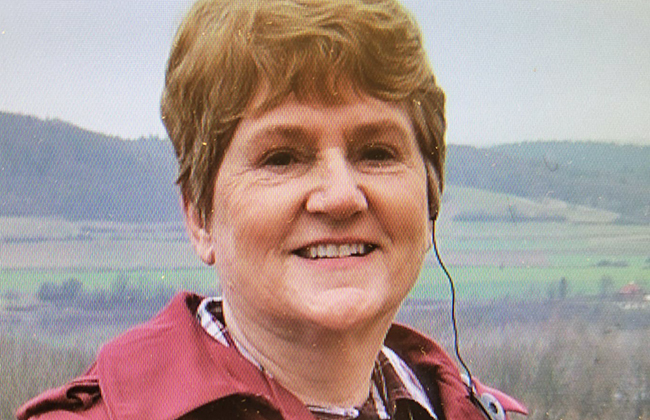
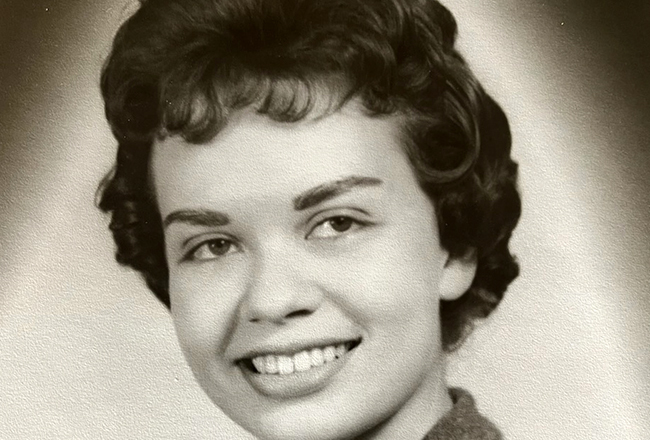
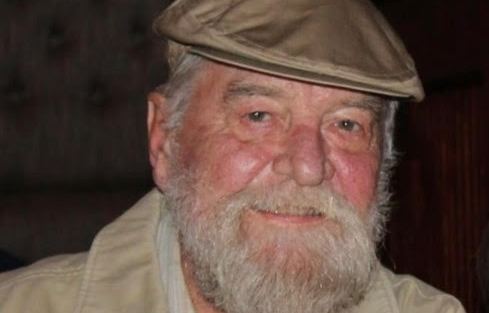
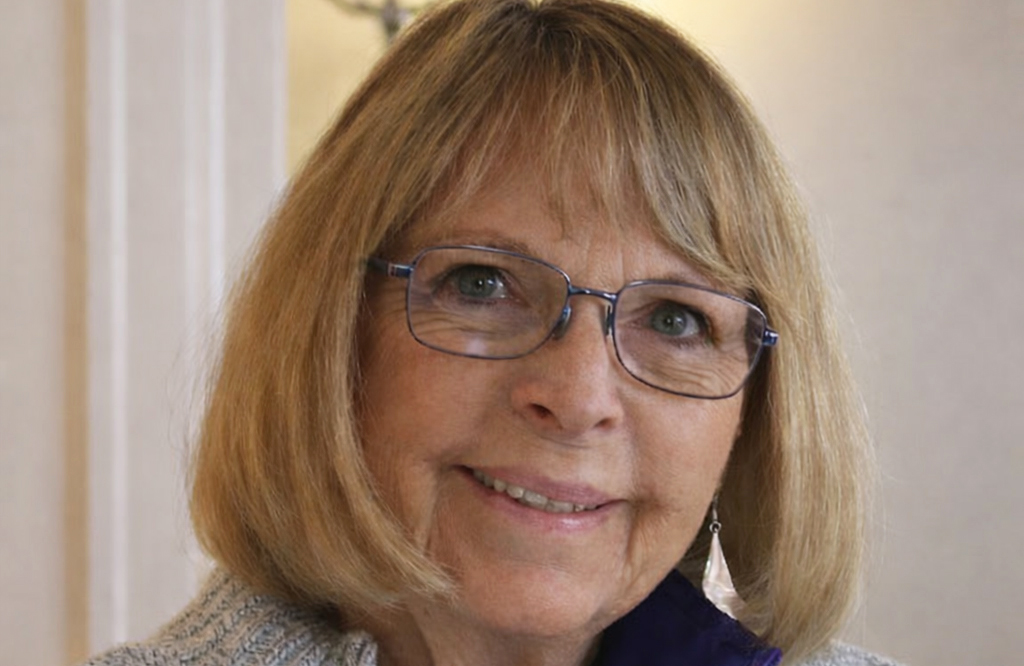
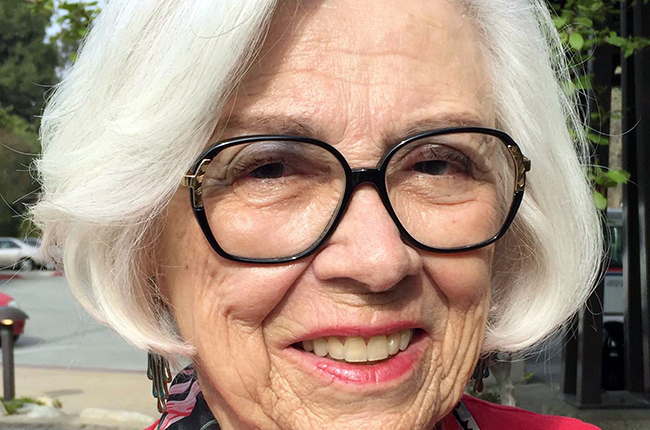
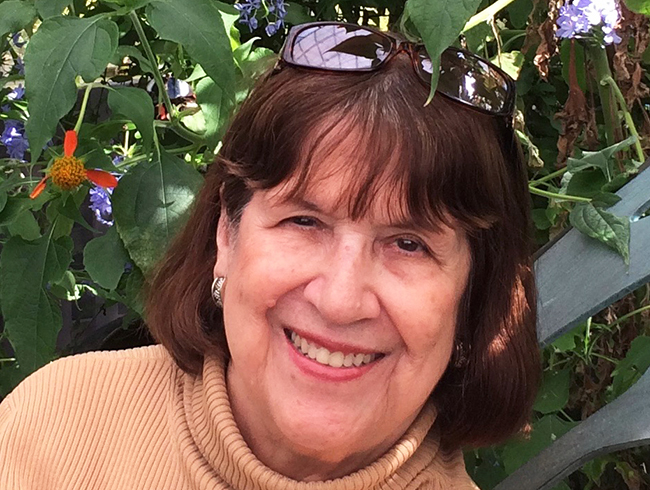

0 Comments